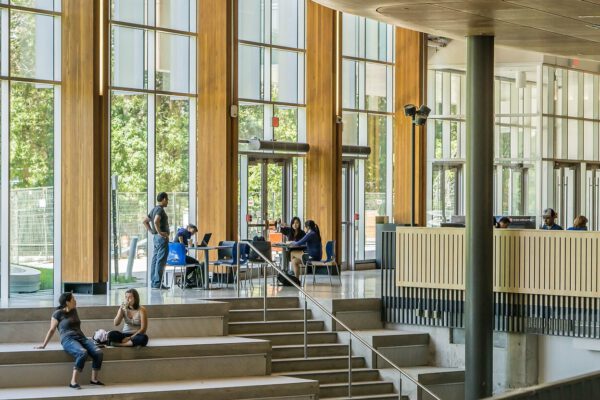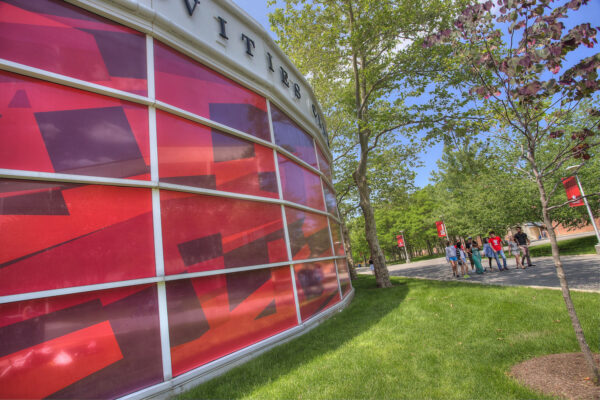Advancing Civic Learning and Community Engagement at Community Colleges
Title: 2024 Community College and Civics Report
Source: The Annenberg Public Policy Center of the University of Pennsylvania (APPC) and the American Association of Colleges and Universities (AAC&U)
A recent survey conducted by the Annenberg Public Policy Center (APPC) and the American Association of Colleges and Universities (AAC&U) examines the critical role community colleges play in fostering civic knowledge and community engagement among students. The survey, which included responses from leaders at 145 community colleges across 42 states, shows the extensive efforts undertaken by these institutions to promote democratic ideals and civic participation.
Key findings include:
- Over 80 percent of community colleges offer either credit-bearing civic learning courses or community-based engagement experiences, or co-curricular community engagement opportunities.
- While nearly three-quarters (72 percent) of institutions provide civic learning courses within the curriculum, only 18 percent specifically designate them as “civic learning.”
- A large majority (92 percent) incorporate service-learning, internships, community-based research, or clinical fieldwork into their curricula.
- Nearly three in four (72 percent) institutions provide co-curricular engagement opportunities such as student government, volunteering, and internships with local businesses and organizations.
- Approximately one-third of institutions (32 percent) offer professional development programs for faculty and staff to integrate civic learning and community-based engagement experiences into curricula.
- Less than one in five (17 percent) institutions have a dedicated center for civic learning and/or community-based engagement, although more than half (59 percent) of respondents from institutions without such a center believe their college would benefit from establishing one.
APPC and AAC&U attributed the low percentage of colleges offering professional development programs to competing curricular priorities, limited resources, and lack of faculty/staff interest. To further strengthen the commitment to democratic education, they recommend that community colleges:
- Transparently designate and communicate the purpose of civic learning and community-based engagement courses and experiences to students.
- Establish dedicated centers to centralize efforts, align resources, and increase the visibility of their civic mission.
- Invest in professional development for faculty and staff to maintain the quality and sustainability of civic and community-engaged practices, fostering collaboration and shared ownership.
- Explore innovative ways to engage nontraditional students who balance work and family obligations, increasing their participation in co-curricular activities.
To read the full report, click here.
—Alex Zhao
If you have any questions or comments about this blog post, please contact us.


